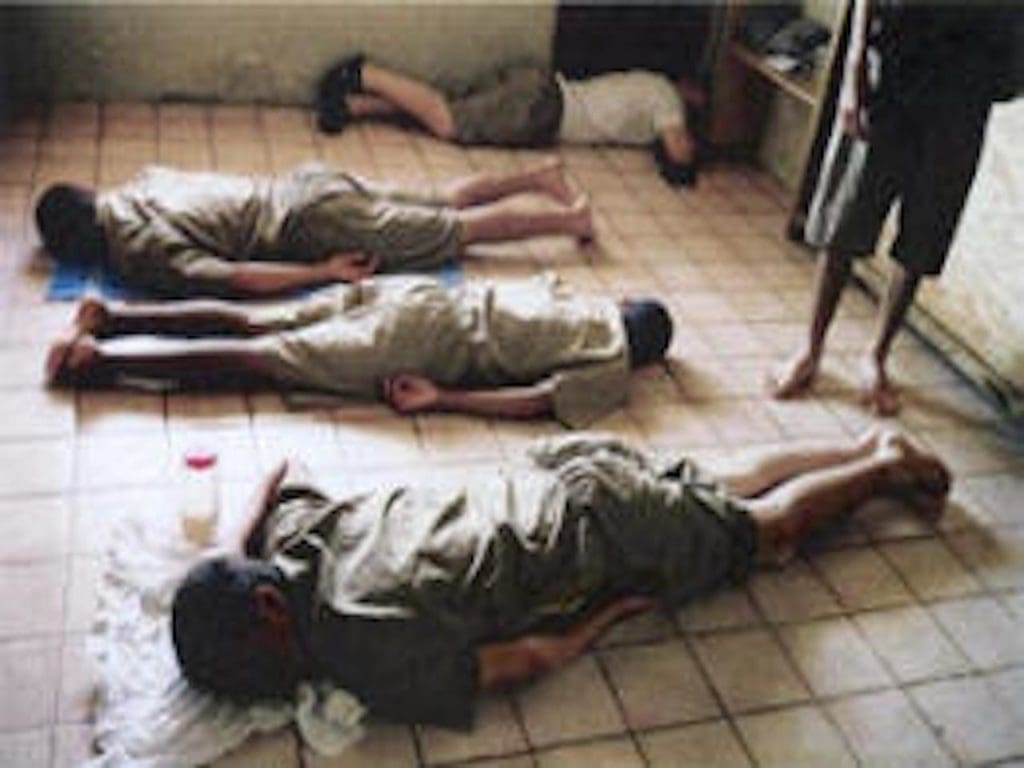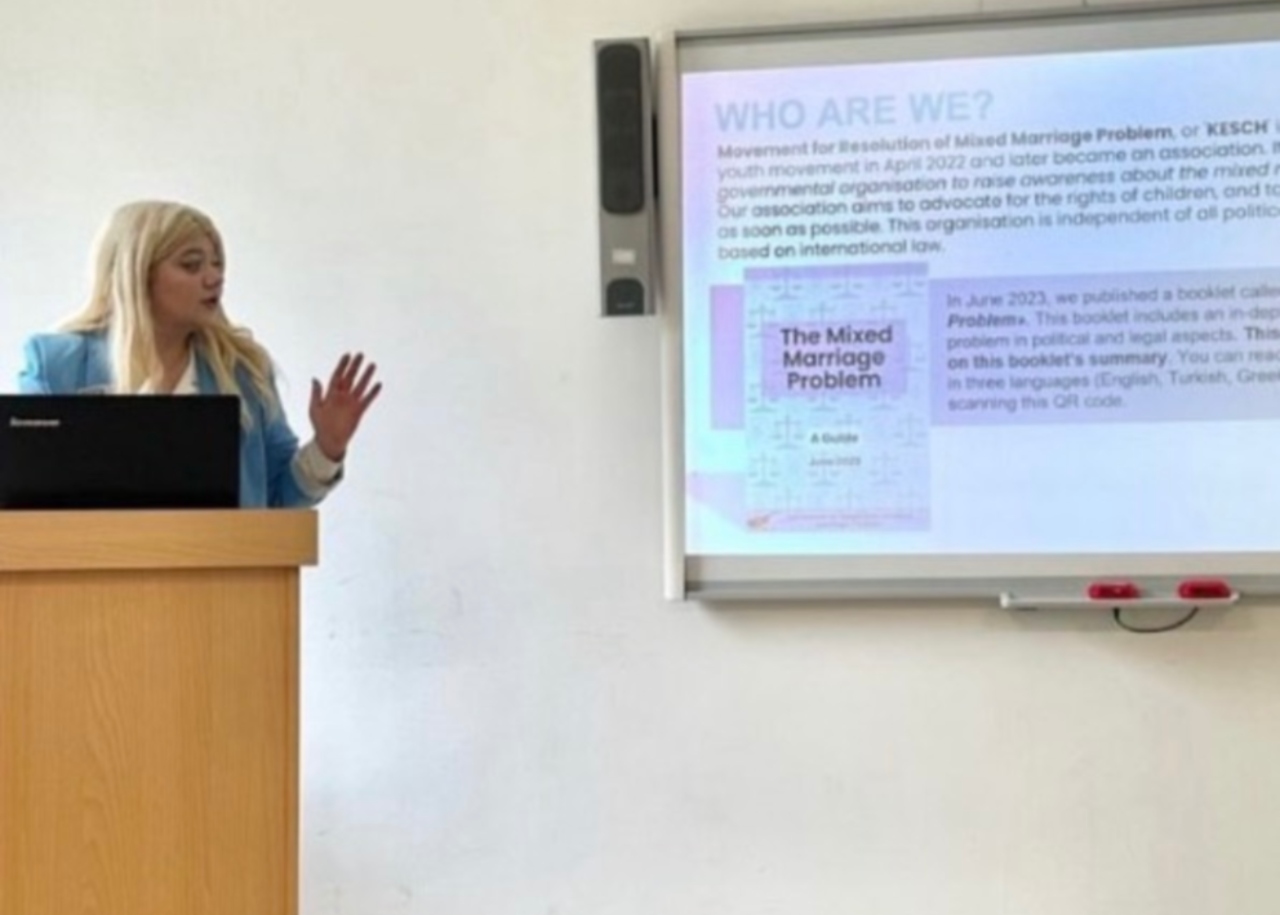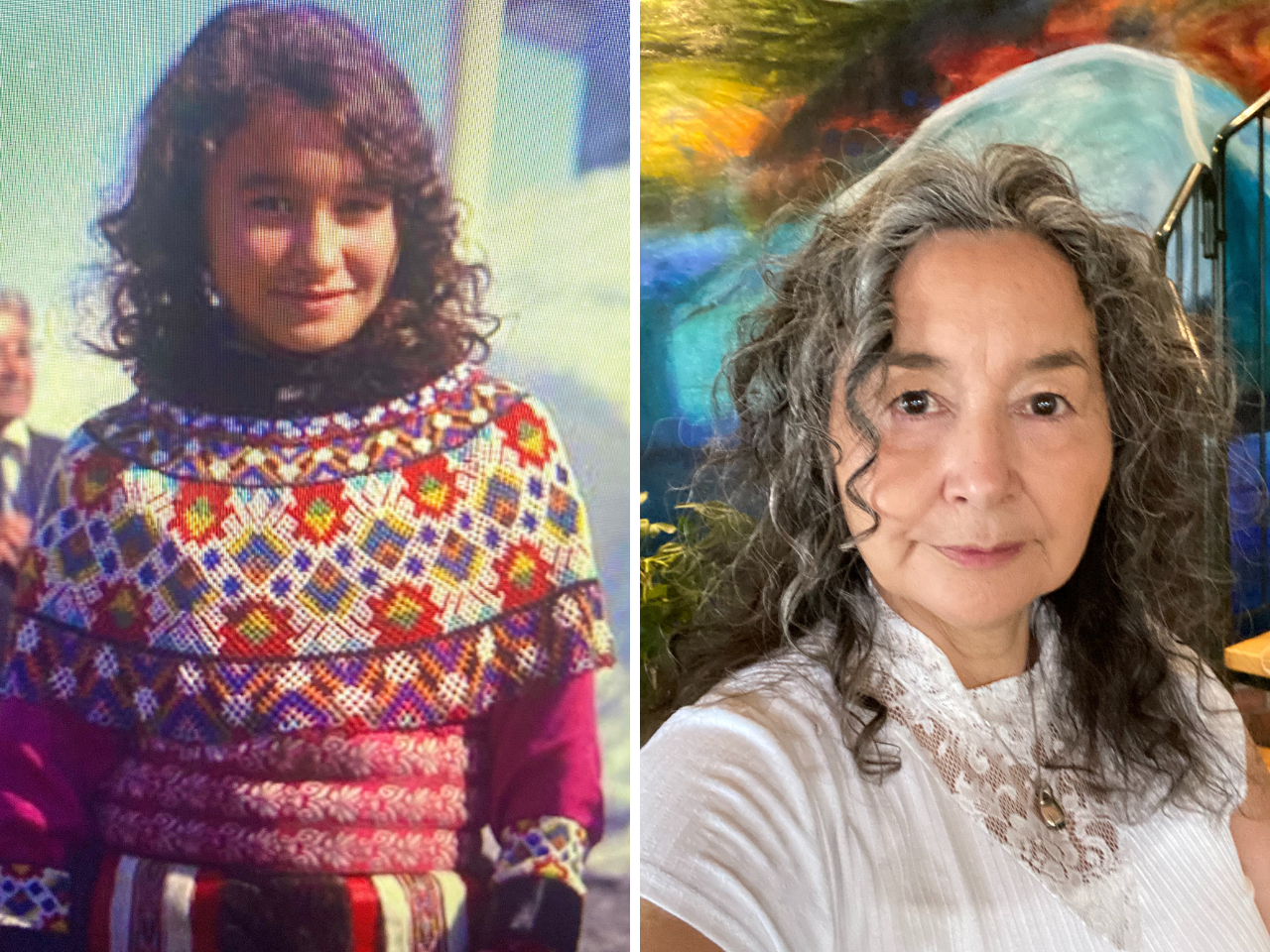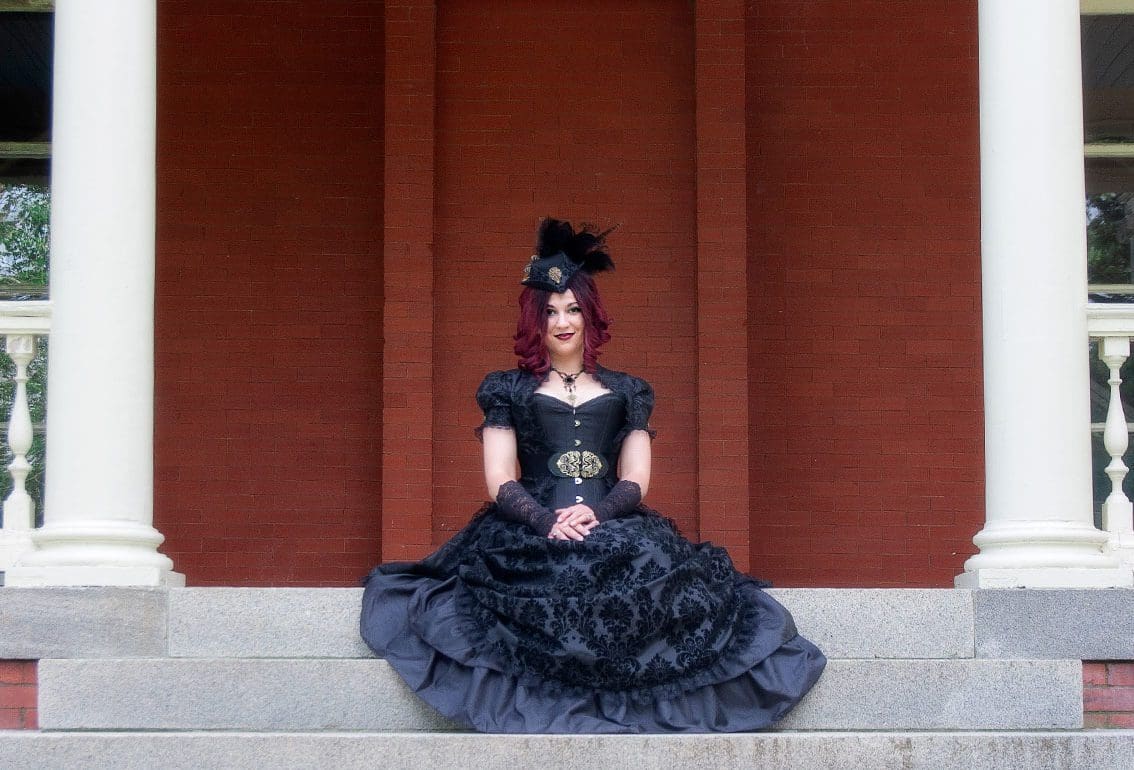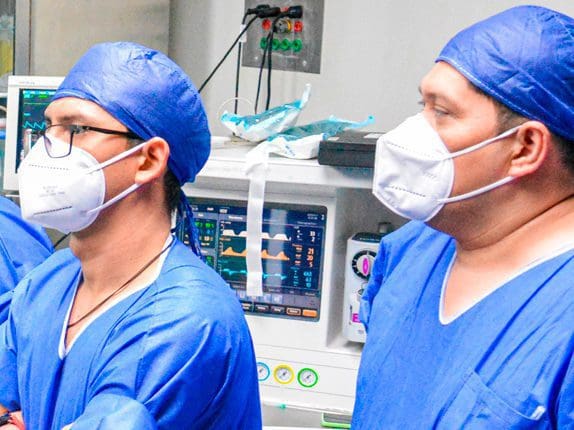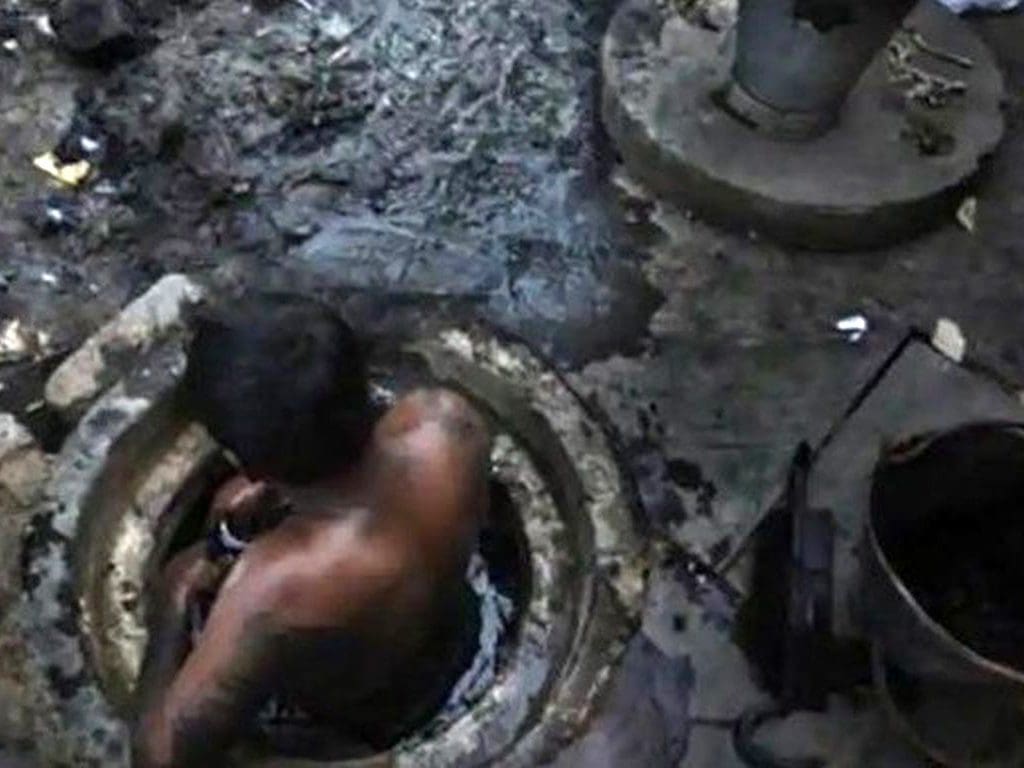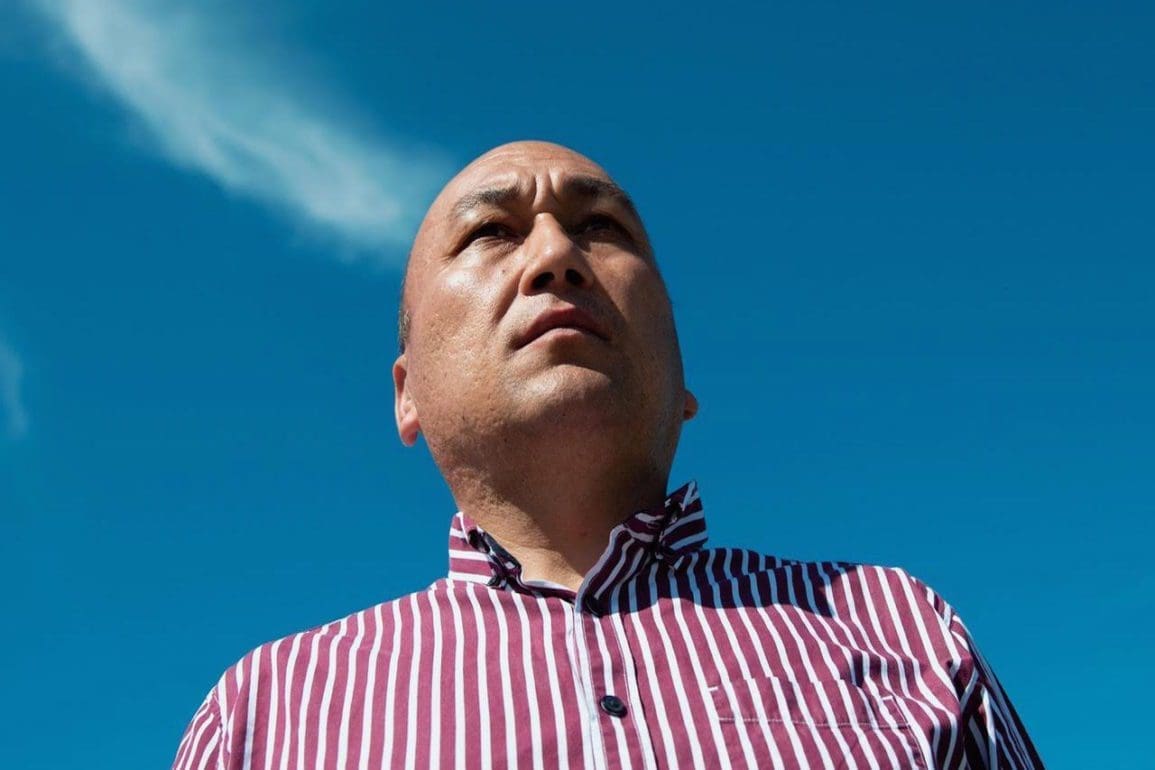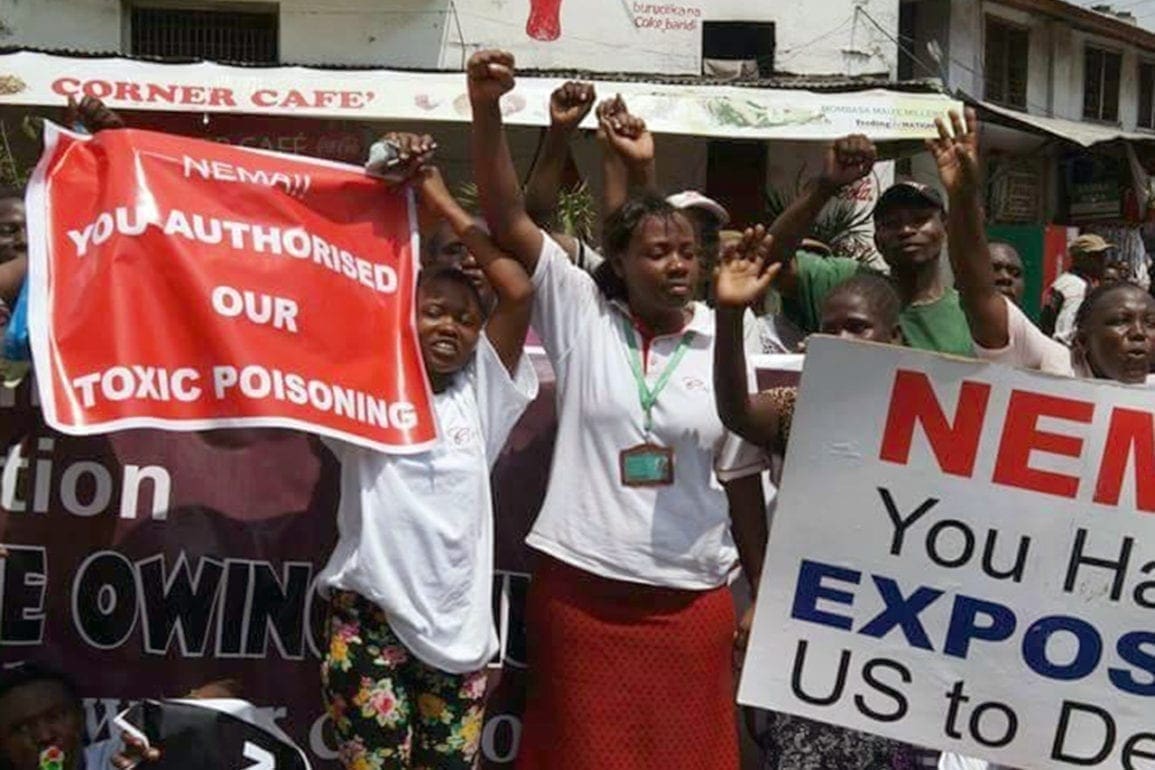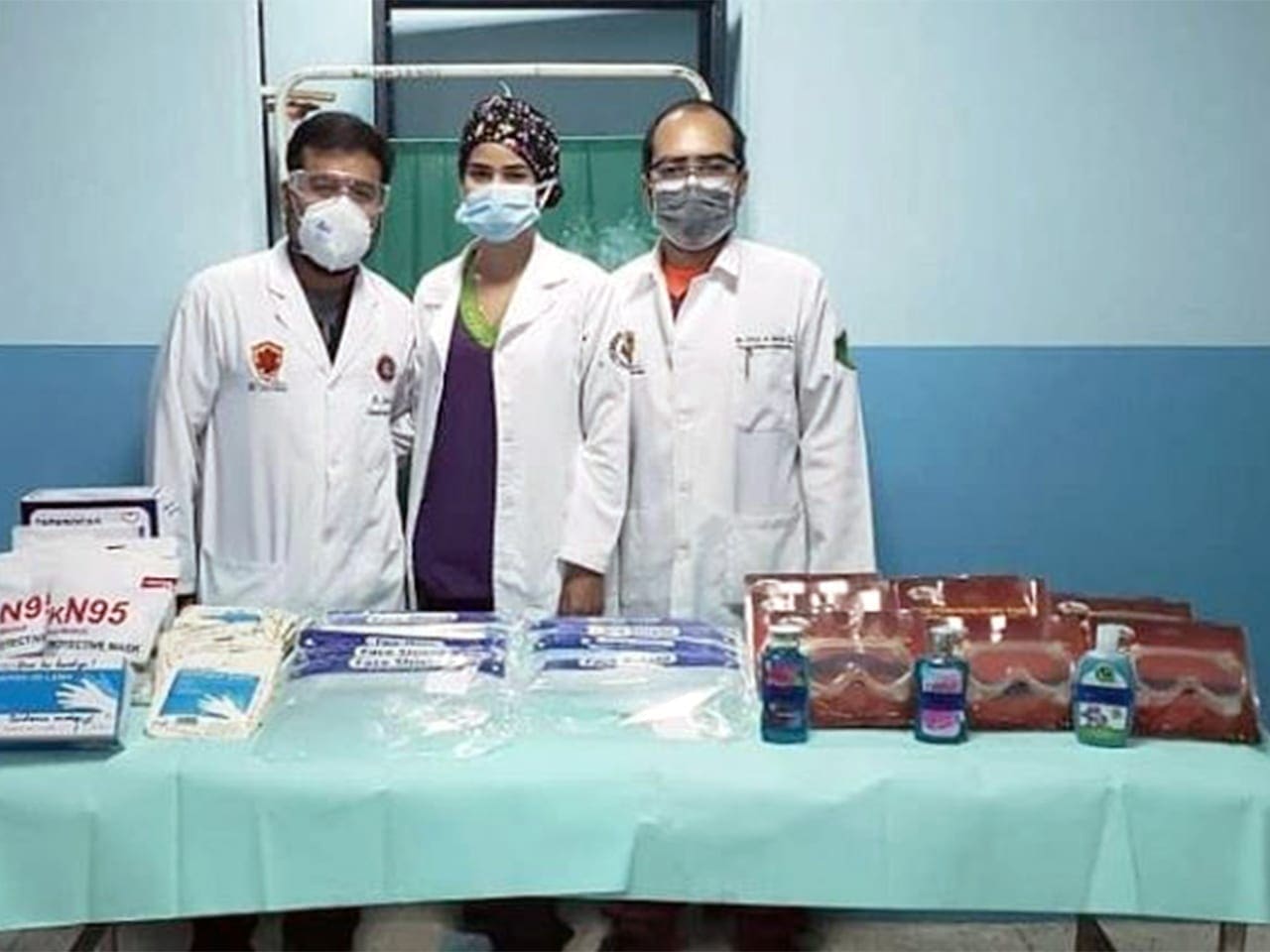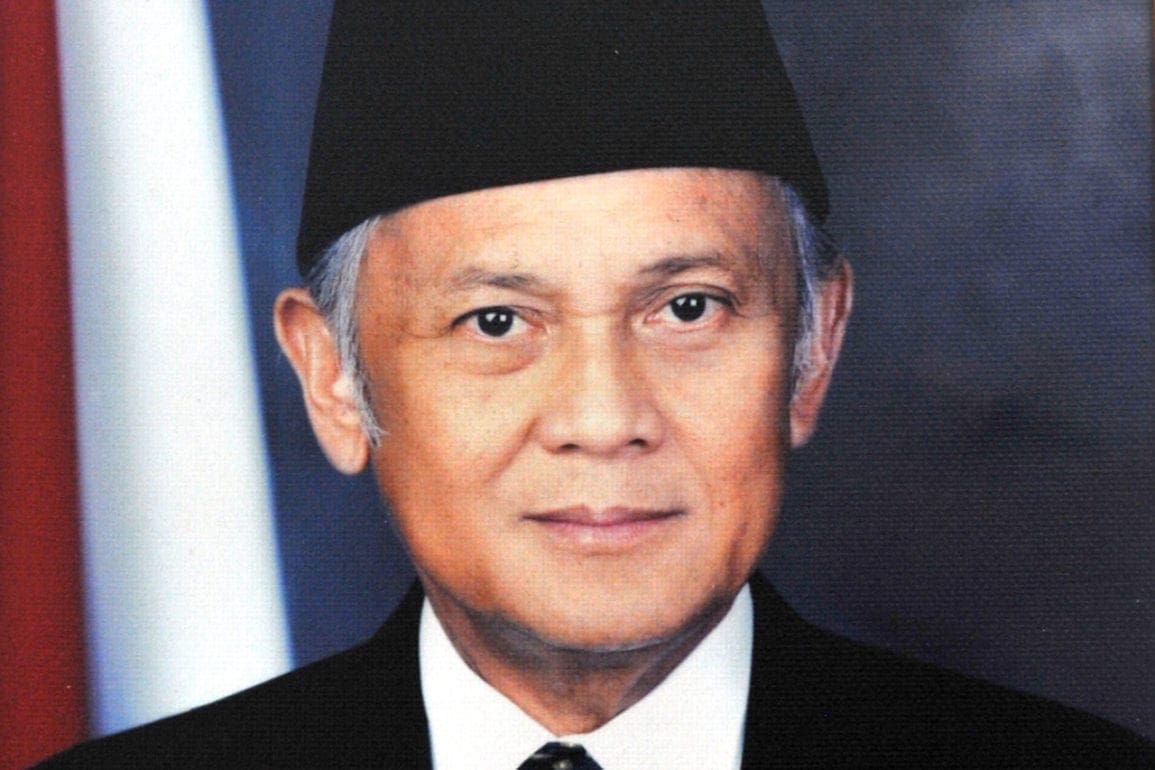Thousands of children violently abused by troubled teen programs
The #BreakingCodeSilence movement estimates there are 100,000 teens being held against their will at over 1,000 facilities in the U.S.
- 3 years ago
July 19, 2021
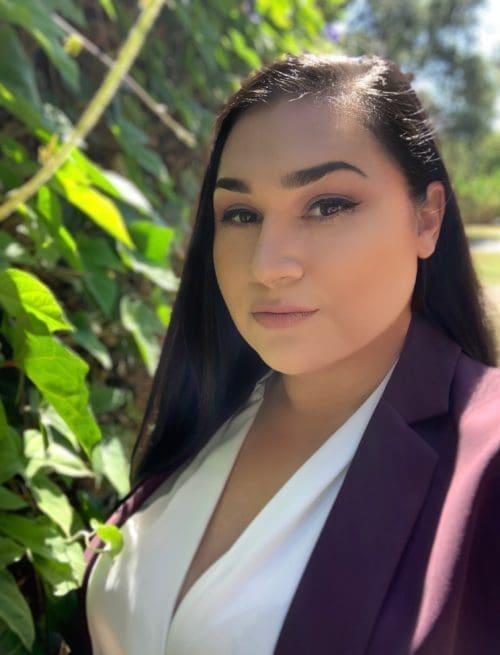
Chelsea Filer (real name), institutionalized at 15-years-old
SAN DIEGO, California —If I were to tell you I was locked in a dog cage, burned, and made to eat my own vomit, you’d probably wonder how I got there.
My teen years in San Diego, California were marked by average grades, smoking cigarettes, and the uncomfortable stigma of having ADHD in 2001.
Like a lot of kids, my parents divorced and they began to realize I was becoming my own person independent of their control.
That’s when my life took a violent turn.
The most shocking part of this story is how incredibly commonplace it actually is.
One day I woke up in my bedroom, startled to see two large, male strangers standing over me, waiting for me to wake up.
They told me I needed to come with them or they would physically force me into their vehicle.
“We can do this the easy way or the hard way,” they said.
I asked where we were going, to no avail.
“Can I bring any clothes?” I asked. They said it was out of the question.
Not wanting to cause trouble or test the threat of zip tie restraints from these men, I went along with what they demanded.
We entered their car and left my home, family, and friends for a journey into a trauma factory for the next two years.
The entire car ride south from San Diego, in a state of utter confusion. I cried and hyperventilated.
I wondered how my boyfriend at the time would think I’d disappeared.
Welcome to prison
When we crossed the Mexican border I was told we were going to Casa by the Sea, a residential treatment center for troubled teens in a seaside town called Ensenada.
The building had once been a hotel where vacationers could stroll into the Pacific Ocean from their rooms.
Now, there was a towering 14-foot high wall encapsulating the facility and teenage girls in blue uniforms marching in single file, entering a compound with barred windows.
I was in a prison and I hadn’t done anything wrong.
In the facility, I was ordered to remove all my clothes. Strip-searching teenagers was only the beginning of the abuse I’d become accustomed to from Casa by the Sea staff.
They examined me and gave me a uniform I was to wear at all times.
After feeling violated by the strip search, the staff brought plyers to remove my tongue ring as I hastily tried to take it out myself.
Teens and staff alike threw me to the ground and held me in an excruciating stress position.
The walls were crawling with mushrooms and black mold, the floors were yellow, and the water we all shared and were forced to shower under together was tainted.
Getting sick and suffering without medical attention was common.
Parents pay for abuse
The physical conditions at Casa by the Sea are one example of a troubled teen industry corporation that scammed parents using multi-level marketing strategies and traumatizing residents into submission.
The World Wide Association of Specialty Programs and Schools (WWASPS), later known as Youth Foundation Inc., was founded by Robert Litchfield and operated around 26 of these programs in the U.S., Mexico, Costa Rica, and Jamaica.
The program I was sent to was among the cheapest, charging my parents $3,000 USD per month.
While I was at Casa by the Sea, there were 200 other participants there. Today, former residents of these programs have come together through the WWASPS Survivors group, which has 5,000 members.
This isn’t where my story ends and for many survivors, it’s still ongoing.
Torture, plain and simple
Casa by the Sea’s approach to troubled youth was called attack therapy.
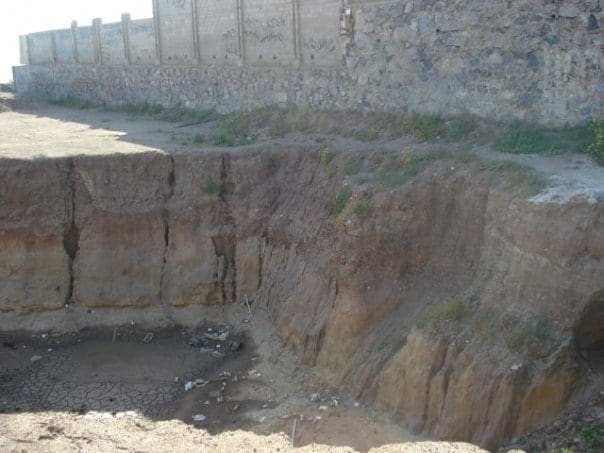
Residents would be pitted against each other in group sessions. We were instructed to gang up on each other, hurling insults, and tearing our fellow prisoners down.
This method served the dual purpose of shocking prisoners into obedience and preventing us from banding together.
Coupling those mind games with sedating prescription drugs made for a controlling cocktail.
People who wouldn’t participate were given demerit points and prevented from advancing in the program. Advancement in the program led to eventual graduation and return home.
They trained us to spy on each other and push others down so we could gain favor with the staff and higher-level prisoners.
My ADHD prevented me from progressing in the program, as I’d constantly get demerit points for fidgeting or having a pen in my hair.
We’d be thrown into isolation in dark rooms for days at a time as punishment.
Accused of being non-compliant
One time, program administrator Jade Robinson was performing one of their signature stress positions on me as punishment.
I had been accused of being non-compliant by other residents, who had alleged I’d been squirming under their supervision.
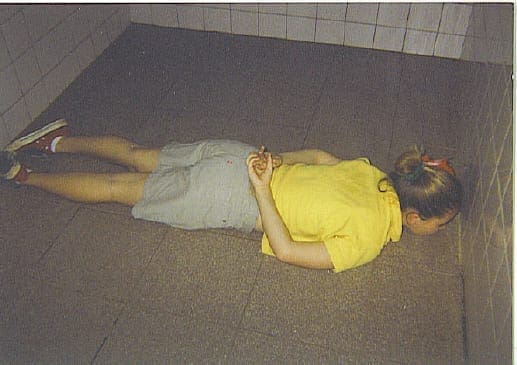
Staff threw me facedown on the floor, lifted my chin, flattening it on the ground, pulled my hair, and lifted my head. Robinson put a knee in between my shoulders, and the staff pulled my arms back as far as they could.
It felt like I was going to die, like I couldn’t breathe. My throat was stretched to its limit on the ground.
My legs were lifted behind me into a hogtie position.
To this day, movement in my arm is limited from the many times I was put in stress positions at Casa by the Sea and High Impact. One of the disks in my back is permanently out of place.
Robinson claimed I had scratched him sometime during his assault on me and I was thrown into a dark room. Keeping track of time was difficult then. I knew the day of the week by the type of meal they brought me. When I was served fish for the second time in isolation, I realized I had been there for a week.
Sent to High Impact
One of the hallmarks of the Troubled Teen Industry is the severe restriction on communication with the outside world. In my two years at Casa by the Sea and High Impact, I was never allowed to call anyone.
My mom was told I’d try to manipulate them into letting me out of the program by claiming I was being abused. My mom and I were constantly told I’d be dead or in jail without the program, something she fully embraced.
She began to recruit other parents into the WWASPS like a parent within a cult.
After my incident with Jade Robinson, he called my mom and convinced her I had to go to High Impact. High Impact was a boot camp for people who couldn’t cut it at Casa by the Sea.
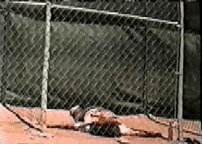
You can imagine my horror when I learned there was another ring of hell I’d not yet reached.
We were made to run laps in the rain until we passed out. We dug holes that the staff told us were our graves.
I didn’t want to rebel, I just wanted out of there. My ADHD prevented me from staring straight ahead at all times. Punishment came in the form of skin burns from staff. When I’d vomit from the awful food and constant exercise, they forced me to eat my vomit.
This led to isolation where I was placed in a dog cage.
Freedom and a lifelong cause
Getting discharged from High Impact back to Casa by the Sea was initiated by my grandmother. After I told her about the torture I endured, she started asking poignant questions to the administration.
The FBI and Mexican federal police were ramping up their investigation of Casa by the Sea at that time, so the administration attempted to transfer the prisoners to other WWASPS programs and rush through graduations.
High Impact was raided and shut down for operating an illegal pharmacy. In 2003, I was transferred back to Casa by the Sea, where many of the High Impact employees were also transferred. Casa by the Sea was shut down in 2004 for child endangerment and deplorable conditions shortly after I returned to the U.S.
The owner of Casa by the Sea was revealed to be Dace Goulding, the director was Jason Finlinson, and the operators were Jade Robinson and Luke Hallows.
Other WWASPS programs continued to operate until as recently as 2016, closing down one by one after facing a plethora of criminal and civil charges.
The Troubled Teen Industry continues to thrive in states like Utah, Montana, and Massachusetts where detention of a teen for more than 30 days with parental permission is still legal. There is no federal legislation regulating the industry.
As a survivor, I beg parents not to send children to a residential treatment facility that cuts off communication with their children. There are thousands of children who’ve experienced what I have and continue to now, even as you read this story.
Aaron (pseudonym), institutionalized at 17-years-old
TUSLA, Oklahoma — If you look up the definition of a troubled teen, I would have checked all the boxes when I was a kid in 2017.
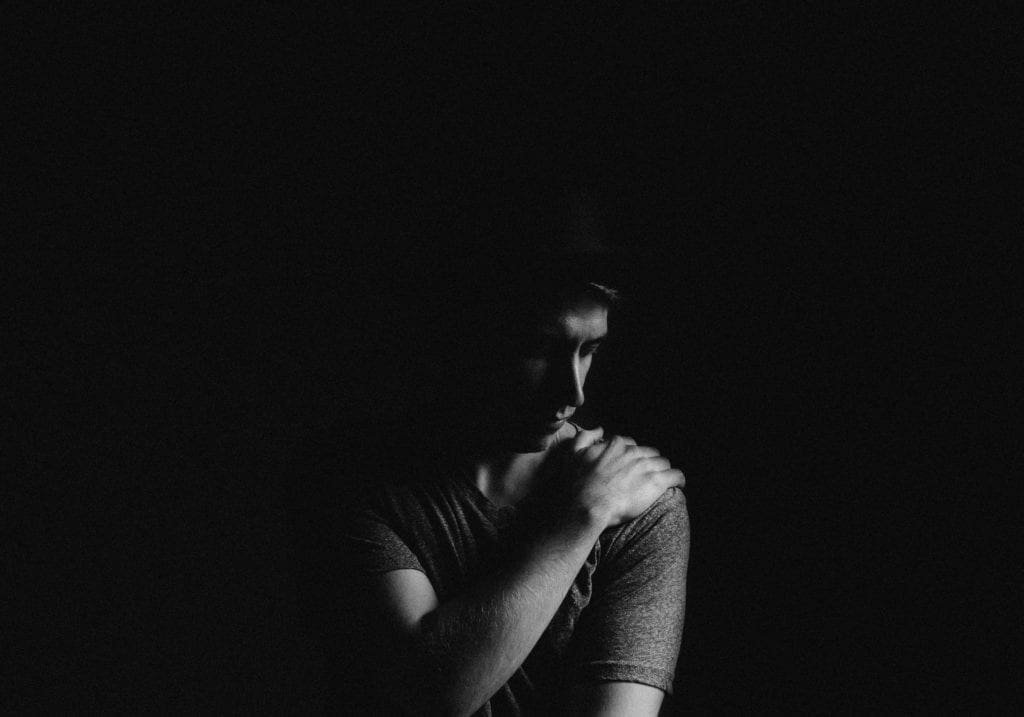
My drug habit fed into my stealing habit which fed into my manipulation tactics against the people I loved the most. Being gay in Owasso, Oklahoma, two hours outside Tulsa, didn’t exactly win me brownie points in the broader community either.
The possibility of getting sent to Teen Challenge Adventure Ranch was held over me by my parents as a looming threat if I kept up my behavior. The so-called addiction treatment center in Morrow, Arkansas had a nasty reputation.
Eventually, my parents told me I was being sent to a “therapeutic boarding school” to cure my addiction. I’d be driven there by my parents the next day, they said. I kept asking if it was Teen Adventure and they just kept repeating I wouldn’t have a choice.
Running away
So, I found my way to a friend’s place in the hopes of evading everything awaiting me over the state line. My parents found me the next day and coaxed me into the car, assuring me that going to Teen Challenge Adventure Ranch willingly was far better than what would happen if I resisted.
I remember thinking on the car ride over about my boyfriend and how he probably thought I just disappeared on him. No one outside of my immediate family was told I was going away for nine months.
My parents dropped me off and left me in the care of the Teen Challenge Adventure Ranch staff and drove away. I was forced to take off all my clothes, raise my arms and spin around. When I complained about not wanting to take off my underwear, the staff said I didn’t want to test them and to do what I was told.
A person was introduced to me as a therapist and he began interrogating me for two hours. They repeatedly asked about my sexuality and what kind of drugs I took. Their goal wasn’t just to get me sober, their goal was to make me straight.
“How Jesus heals the Homosexual”
“Pray the gay away” became a literal attempt at Teen Challenge Adventure Ranch. I was given a book called Pursuing Sexual Wholeness: How Jesus Heals the Homosexual and I was asked if I had homosexual tendencies.
The folks at Teen Challenge Adventure Ranch weren’t big on pop music either. I got punished one time for humming a Michael Jackson song because it wasn’t Christian music.
The staff there would hold me in these pressure positions where my arms were lifted behind my back and I was held on the ground. Other times we’d be sent to isolation for a few hours at a time and be made to take off my shirt or shoes.
Despite having asthma, staff would make me run without my inhaler for extended periods of time until I couldn’t breathe.
There were about 50 to 60 other residents. We were supposed to have high school classes where we could earn credits, but our teacher, Jean, would go on these long political rants. He’d say things like Bill Gates was the anti-Christ. Of course, when any of us would speak up and say it wasn’t true, we’d face the aforementioned punishment techniques Teen Challenge Adventure Ranch used on its program participants.
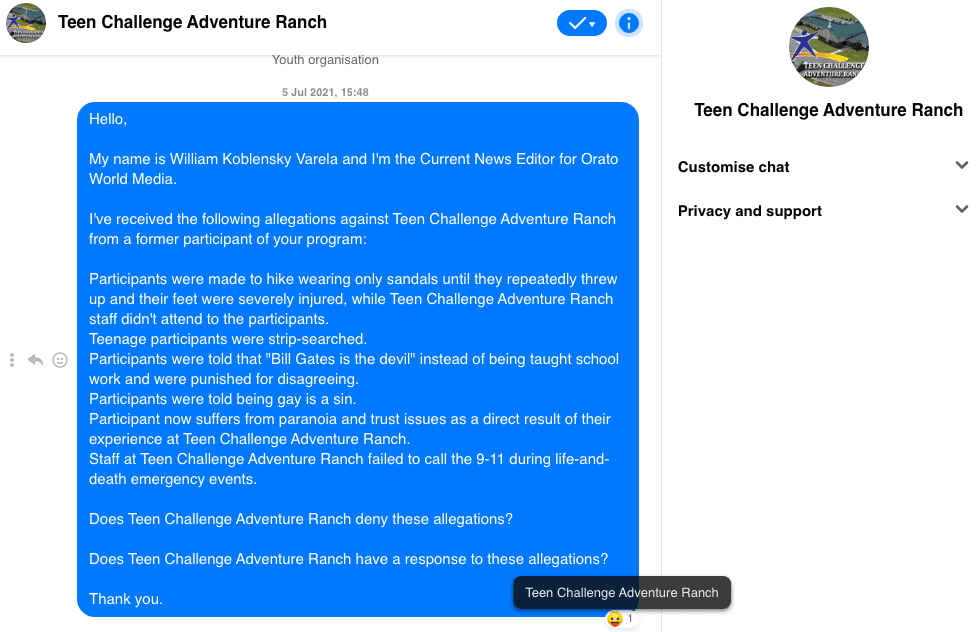
One time we were having a movie night in the dorm and one of the other kids there started touching my private parts, sexually assaulting me. He told me not to tell anyone and I felt consumed with shame and confusion. I still had my boyfriend who didn’t know where I was.
Couldn’t tell anyone I was gay
The environment at the ranch was incredibly hostile towards gay people, so I couldn’t afford to tell anyone I was gay. That’s when I started hiding small sharp objects I’d find around the compound. At the time, I believed I’d never leave Teen Challenge Adventure Ranch and I had to take things into my own hands. Any small pointy thing I could find might help me escape in my own way, I thought.
Over the course of two days, I attempted to end my life 11 times. I severely lacerated my wrist with a sharp object and tried again with my teeth, once I was patched up. The staff at Teen Challenge Adventure Ranch never once called 911.
Following my eleventh failed suicide attempt, the staff called my parents and discharged me from the ranch. I reunited with my boyfriend and we’re still together. As soon as I could, I left home and never spoke to my parents again.
People have to know what’s going on, this has to stop. State courts can still legally require children to attend the ranch.
Teen Challenge Adventure Ranch continues to operate addiction therapy facilities throughout the U.S. and Canada.
Grace (pseudonym), institutionalized at 12-years-old
LAKE TOXAWAY, North Carolina — One morning in May 2016, a married couple who looked like they were in their 50’s showed up at my home.

They told me I was going to a fun, week-long summer camp in North Carolina and I should pack my bag. They followed me as I loaded my things and wouldn’t leave me alone in my room.
All I can remember from the drive to the wilderness therapy program, Trails Carolina, was thinking I’d faint from fear.
I was told I could send one piece of mail to a friend. I later found out that my friend never received my mail.
When we arrived in Lake Toxaway, North Carolina, the couple left me in the care of two young women. The women brought me to a shed where there were transparent boxes full of other people’s belongings like hairbrushes, clothes, iPods, shoes, books, and bottles of shampoo.
They told me to take off my clothes. I felt terror and total humiliation. The staff searched my clothes and ordered me to spin around, squat, cough, and shake my hair.
I remember them being angry that I had scraped myself. They told me my minor scrape was self-harm, despite it being a small accident I hadn’t even noticed.
They gave me new clothes—even a new bra and shoes.
No outside communication
The first few nights I was wrapped up in a tarp and it was boiling hot, I would cry constantly. Every time I asked to call my parents, they would tell me phone calls weren’t allowed.
Our only form of communication was written letters, which I’m convinced were cut open and censored before they made it to our parents.
The staff at Trails Carolina probably wouldn’t want our parents knowing we were only allowed to shower once per month or that we hiked carrying huge backpacks full of camping gear for so long that we would faint.
We ate cold, half-cooked food if we couldn’t start a fire on our camping trips. We didn’t have matches or a lighter and we were never told what time it was.
Zoloft instead of medical care
The diet and exhaustion gave me severe migraines but that went untreated. I suppose the Zoloft they gave us was meant as a cure-all.
We weren’t given tents and instead slept on the forest floor, under a tarp. When it predictably rained, we were left soaked and cold through the night.
There were a handful of other preteen girls with me there too, some for months and some for days. One night, one of the longer-tenured girls sexually assaulted a girl who had only been there a couple of days. Nothing happened.
Then, the same girl sexually assaulted me. Trails Carolina tried to cover up what happened. Our therapist told me I was at equal fault and not to tell anyone else. My parents were told that I fooled around with another student.
Wilderness therapy programs are not a summer camp, they are traumatizing.
After that, the two of us who were sexually assaulted were sent to Moonridge Academy in Utah. There, they overfed us until we threw up, restricted our washroom use until we got bladder problems, and would repeatedly restrain autistic children.
The troubled teen industry has given me trust issues, nightmares about my time at Trails Carolina and Moonridge Academy, worsened my anxiety, worsened my depression, lowered my self-esteem, and gave me severe trauma from the things I experienced and witnessed.
I hope this helps people realize how truly terrible these places are.
Allan (pseudonym), institutionalized at 16-years-old
BAY AREA, California — Getting discharged from a psychiatric hospital comes with a certain amount of hope that you’re going to a better place.
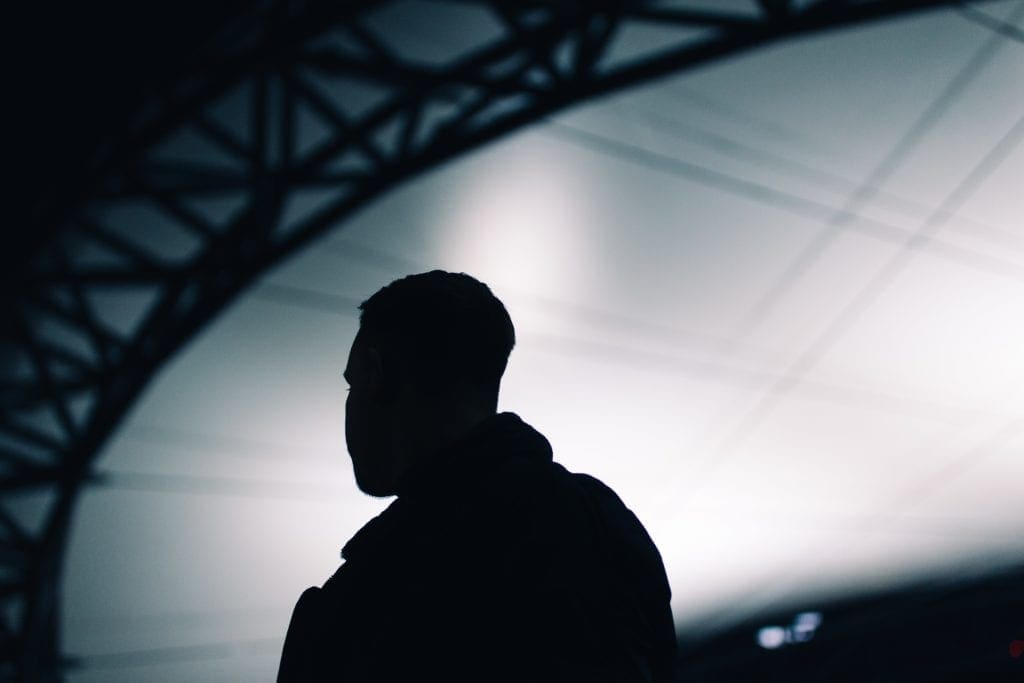
I insisted to the hospital I didn’t want to rejoin my adopted parents in the Bay Area of California.
A psychiatrist would later tell me that adopted children’s brains will choose one set of parents to bond to and one to reject, and my brain had rejected my adopted parents.
Instead of discharging me to freedom, I was relocated to Elevations Residential Treatment Center in Syracuse, Utah.
I struggled with psychosis, suicidal ideation, chemically-induced mania, anxiety, and ADHD. My conditions made the strip search upon entry to Elevations RTC in March 2018 all the more terrifying.
During my stay at the psych ward prior to Elevations RTC, I was given a wild cocktail of pharmaceutical drugs from several doctors whose prescriptions would overlap and interfere with each other.
Elevations RTC gave me a dosage of Vyvanse that, in my understanding, was above the legal amount. The maximum size of a Vyvanse capsule is 70 mg and I was taking 100 mg doses.
A broken hand
One time a participant at Elevations RTC called me the N-word and attempted to beat me up. The staff said it was my fault. My reactions in those regular altercations would range from trying to defend myself to punching a wall, because I thought it was a better reaction than punching someone else.
During one incident, my hand broke against the wall and I experienced swelling and searing pain. The staff there didn’t even bring me to the nurse and I have arthritis in my hand for the rest of my life because of that incident.
Elevations RTC staff were recruited from the nearby Hill Airforce Base or the alumni of the Weber State Wildcats football program. They were there to physically restrain us.
We didn’t stand much of a chance when they tackled us to the ground or held us in pressure positions that wouldn’t be allowed in the UFC. One time I got held up against the wall by staff because I was crying about another participant trying to sexually assault me.
Every night another participant would threaten to kill me.
The 45 to 50 kids at the center would face a lot of group punishments for one of us acting out. It would cascade from us losing gym class privileges, to participants expressing pent-up anger, to one resident starting a fight with another.
Kept in a hallway for 14 days
We were kept in this hallway for 14 straight days, with all 13 of my teammates in one hall.
When I casually recount stories like these to my friends in Oregon, where I live now, they react with horror and disgust. “They’re not even supposed to treat prisoners of war like that,” they’ll say.
It takes me a while to realize what I’ve gone through isn’t normal, even if it’s more common than most people realize.
After two years at Elevations RTC, I have difficulty speaking to strangers, forming friendships, and trusting anyone, especially doctors. I’ll wake up in shock from a nightmare of being sent back to that institution.
My advice to parents is to look up who owns the rehab clinic you’re considering sending your child to. If it’s not immediately clear, stay away.
Elevations RTC continues to operate in Syracuse, Utah.
Clair (pseudonym), institutionalized at 16-years-old
COLOMBUS, Ohio — I grew up in a small town outside Columbus, Ohio. Brainwashing from my conservative Christian family members was my version of normal.
No one understood that I was self-harming because I suffered from Post Traumatic Stress Disorder.

To my family, people violating my body was God testing me.
The trauma I had from being abused as a child by my father and from being followed home and raped, pushed me to hurt myself. My mom would start throwing up each time I was discovered self-harming, and the rest of the family simply didn’t talk about it.
In 2011, when I was offered a placement at Mercy Ministries, now called Mercy Multiplied, I was excited at the opportunity to finally be healed of my eating disorder and depression. I was informed 98 per cent of attendees were permanently transformed for the better.
Mental health issues deemed demonic
It wasn’t until years after I left the program that I realized what had really happened and who these people actually were.
Charismatic Christianity is a sect that strongly believes in the supernatural, spiritual realm. This was the sect Mercy Multiplied belonged to.
When I would talk about my eating disorder, Mercy Multiplied therapists told me I was possessed by demons. When I would talk about my PTSD, the staff said my family was under a curse. The cure to these spiritual ills was to lay hands on us and command the demons to leave our bodies or speak in tongues.
When I revealed I had been raped in group therapy, the therapist had me verbally recount every detail of what happened that day and ask God where he was. At the time, I thought I was being healed. The folks at Mercy Multiplied had a direct line to God, they told us, and we believed them.
Faith lost, trauma worsened
Ironically, my stay at their facility is what began to push me away from Christianity as well as my family.
We were told we couldn’t trust anyone but Mercy Multiplied and God, and I still have difficulty trusting anyone.
My PTSD grew from my experiences at that institution. I want people to know their daughters aren’t safe there.
Mercy Multiplied still operates in the U.S., UK, and Canada. It was shut down in Australia for false advertising and taking welfare money from program participants in 2012. The organization also operates in New Zealand under the name A Girl Called Hope.

